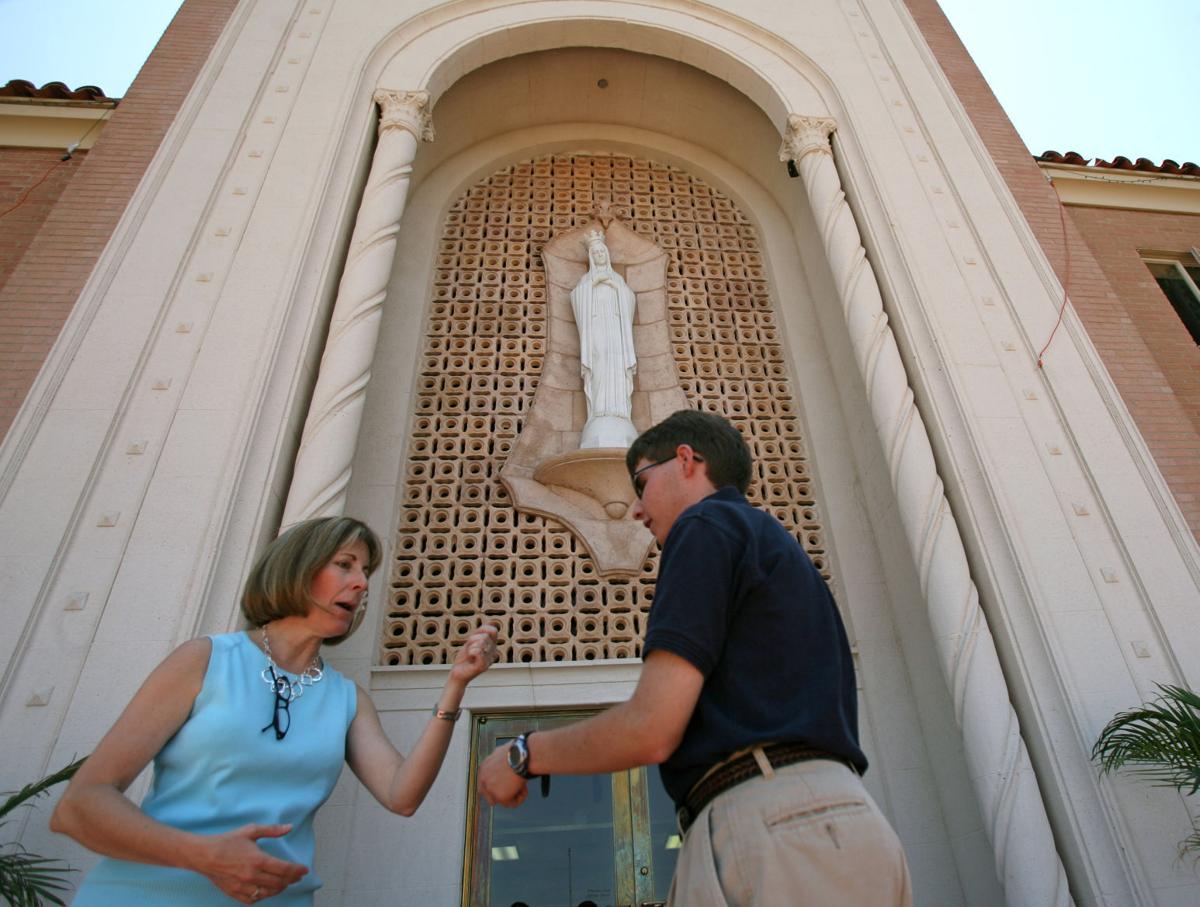PHOENIX — A House panel voted in favor of letting more than half of the 1.1 million students in Arizona schools use public dollars to attend private and parochial schools.
The 8-5 vote late Wednesday by the Appropriations Committee follows the failure of voucher supporters to line up House votes to open the door for all students. Sen. Debbie Lesko, R-Peoria, said she hopes this scaled-back proposal gains more support.
Lesko also crafted this version of SB 1279 to try to overcome opposition arguments that the vouchers are used largely by families who already can afford to send their kids to private schools.
It limits eligibility to students whose family income qualifies them for free- or reduced-price lunch programs. For a family of four, that’s $44,863 a year.
The most recent figures show about 565,000 students participating in those lunch programs, said Stacey Morley, Arizona Education Association lobbyist. But that may not cover everyone who would be eligible, Morley said.
Lesko told lawmakers they should not worry about a sudden flood of children, armed with scholarships worth about $5,400 a year, fleeing public schools and taking with them the state aid that had gone to those schools. She said state law limits vouchers to no more than one-half percent of public schools’ students, or about 5,500 students.
But Rep. Mark Cardenas, D-Phoenix, pointed out that cap expires after 2019.
Lesko believes the vouchers should be available to all.
House Minority Leader Eric Meyer, D-Paradise Valley, said that ignores the effect on the public school system. As students leave, schools have less money in state funding for the students who remain, and they’re often the poorest kids, whose parents can’t afford to drive them to a private school, Meyer said.
“There will be a sucking sound to the (state’s) general fund” Meyer added.
Lesko touts the legislation as a money saver, saying that $5,400 cost for the average base voucher — disabled students get more — is less than the more than $9,000 in taxpayer dollars that go to public schools for each student. That figure is a bit misleading, as it includes federal aid and local property taxes. The most recent figure for state tax dollars alone is about $5,400 per public-school student.
Rep. Rick Gray, R-Sun City, said it’s wrong to look at how the legislation will affect public schools. “It really comes down to that child, and what’s best for that child,” he said.





